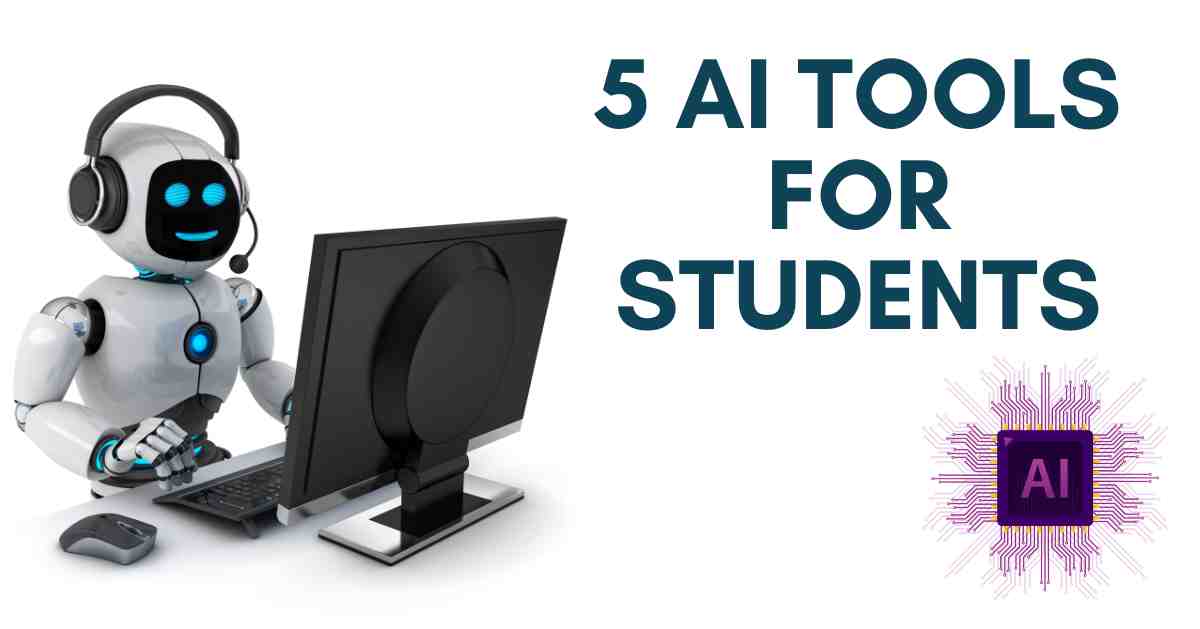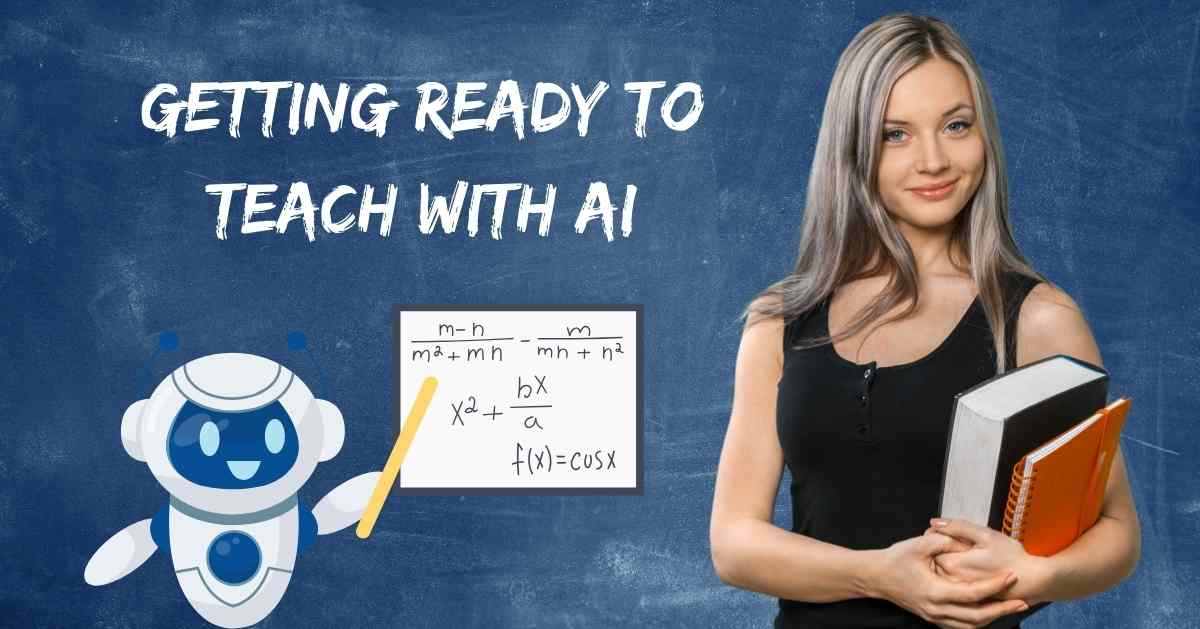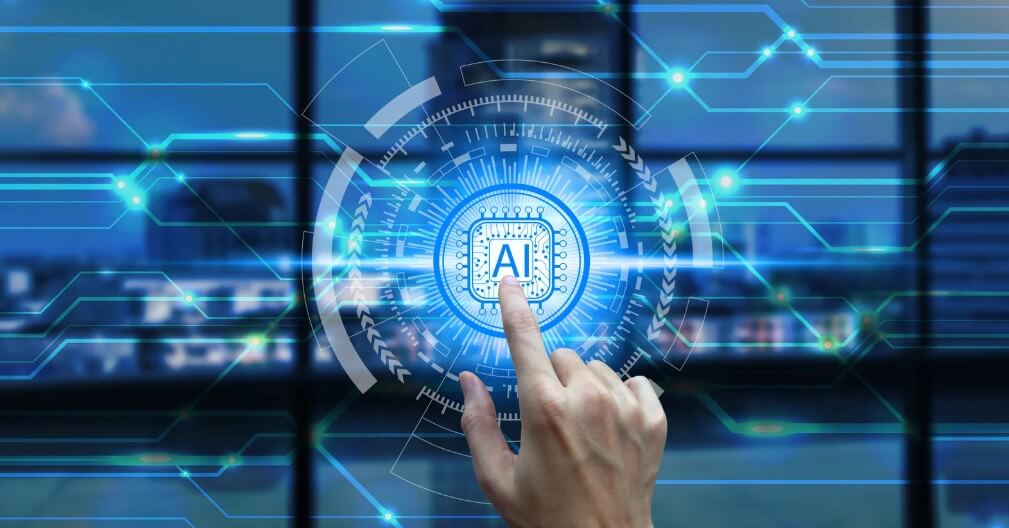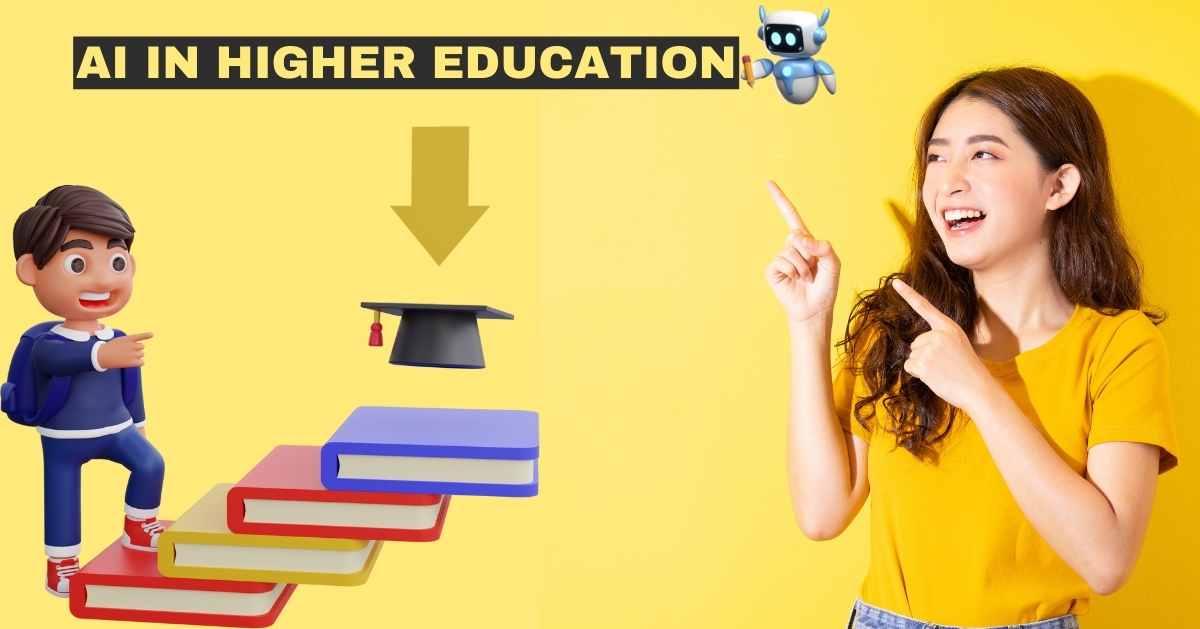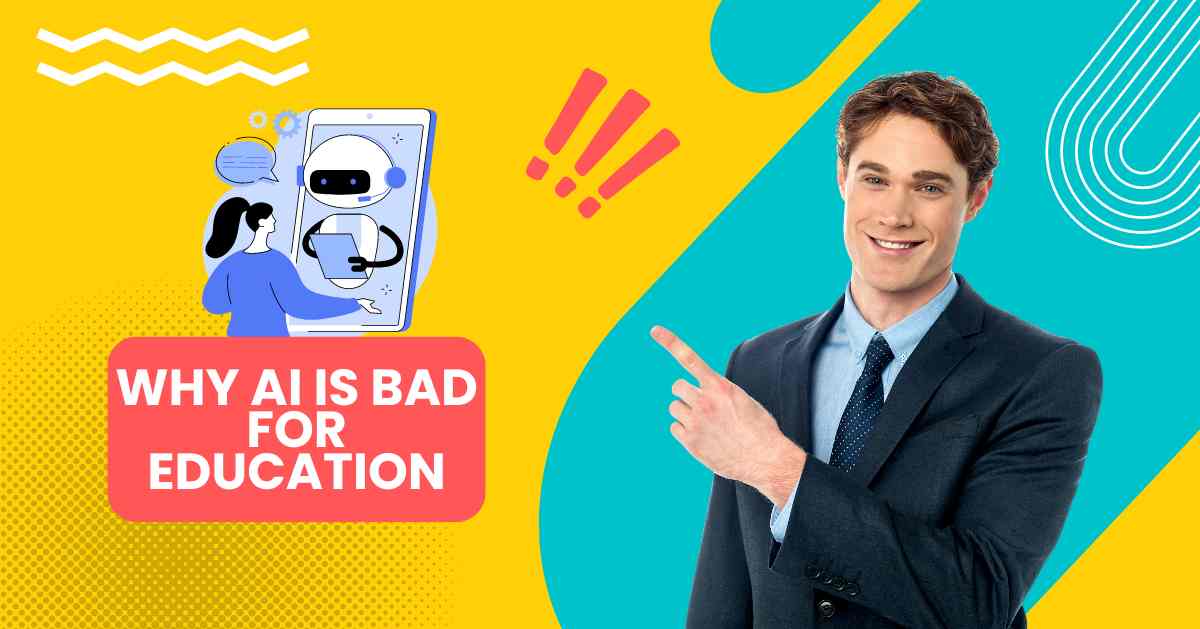AI in Education Sector: Revolutionizing Learning with Artificial Intelligence
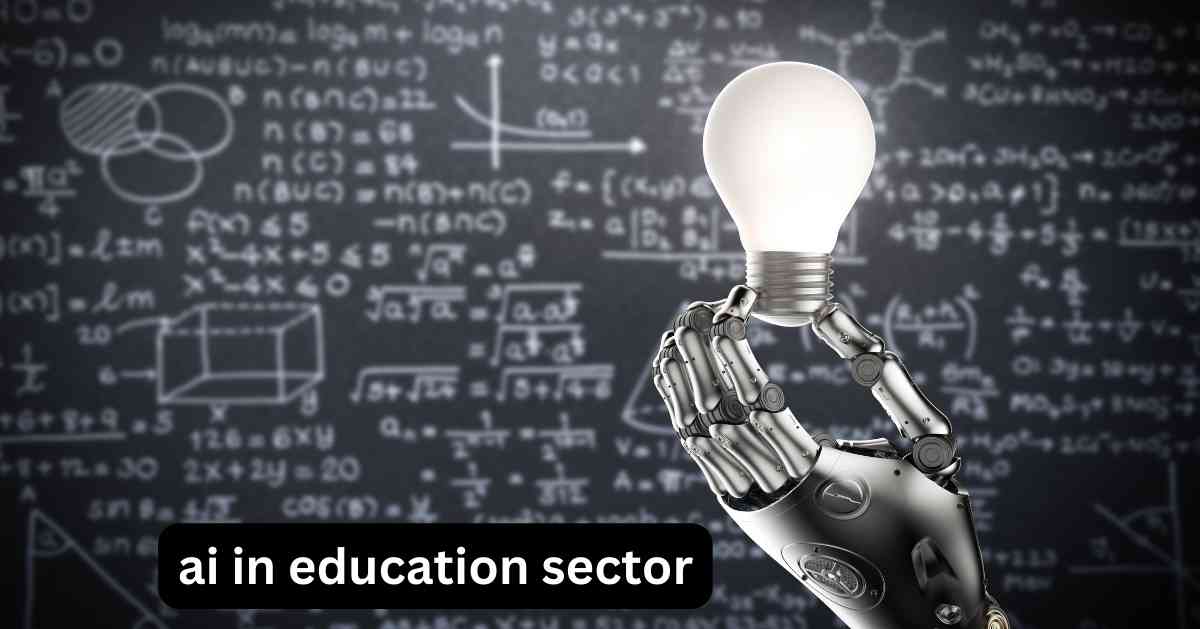
Artificial Intelligence, known as AI, plays a role in aspects of our daily lives. An area where it is particularly crucial is in education. Integrating AI tools into education can help AI in Education Sector enhance their effectiveness by handling teaching tasks allowing them to focus on intellectually demanding activities. The potential of AI to improve quality highlights the need to prioritize its integration into the education system.
What does Artificial Intelligence mean?
Artificial intelligence (AI) pertains to computers or systems that can analyze information and produce outcomes akin to cognition and critical thinking. Machine learning, a component of AI, enables machines to acquire knowledge from data without programming. The objective of AI is to create computer systems that can tackle issues. AI has uses, in the field of education. Holds the potential to greatly impact educational advancements.
Application of AI in Education
1. Robot Teachers:
- Introduce humanoid robot teachers to support instructors.
- Make sure that robots possess the ability to incorporate AI features to create captivating learning experiences.
2. Personalized Education:
- Utilize intelligence to assess the learning needs and preferences of each student.
- Customize approaches to accommodate the learning requirements of individual students, for enhanced educational outcomes.
3. Tutoring:
- Deploy AI-powered chatbots and tools to assist students outside the classroom.
- Ensure timely solutions to students’ queries for continuous learning support.
4. Automated Grading System:
- Implement AI-powered grading software to replicate human grading patterns.
- Verify the reduction of errors, particularly in objective-type questions, using technologies like optical mark recognition (OMR).
5. Natural Language Processing (NLP):
- Provide AI-enabled software for refining documents with grammar and language suggestions.
- Facilitate multilingual teaching using NLP tools to break down language barriers.
6. Virtual Reality (VR):
- Integrate VR technology to add an immersive dimension to education.
- Allow students to explore three-dimensional environments for experiential learning.
7. Administrative Tasks:
- Automate administrative tasks like curriculum scheduling and attendance tracking.
- Utilize AI for grading and report sharing to increase efficiency and reduce paper usage.
8. Creation of Smart Content:
- Employ AI-based software tools for creating and updating educational content.
- Ensure educational materials remain relevant and up-to-date for optimal learning outcomes.
9. Multilingual Teaching:
- Leverage NLP tools with AI capabilities to facilitate communication across diverse linguistic communities.
- Break down language barriers to promote access to quality education and knowledge sharing.
Potential Risks and Challenges of AI in Education
Incorporating AI into the education field could help us move towards fulfilling SDG 4 which aims to provide quality education for everyone. However, it comes with its set of risks and obstacles. One significant challenge is the adjustment period that students and teachers face while getting used to advancements. Frequently teachers need to receive training to make the most of these resources in their teaching practices.
Furthermore, the growing presence of AI, across fields, such as education, sparks worries about the displacement of human teachers. AI is also handling teaching responsibilities. Also assessing assignments, producing essays and guiding students in their journeys.
Nevertheless, there is a worry that depending entirely on AI could reduce the element in education influencing the behavioral and emotional facets of learning. A machine may lack the empathy and personal skills that a human educator has, which could potentially impact the journey.
Conclusion:
AI in Education Sector has significantly impacted by streamlining administrative processes as well as improving customized learning through intelligent content that can be accessed at any place and time. Similar to its role in areas such as healthcare and environmental conservation, the growing influence of AI in India underscores the importance of incorporating advancements into the realm of education. This integration is essential, for preparing the youth of India with the competencies to excel in times.


